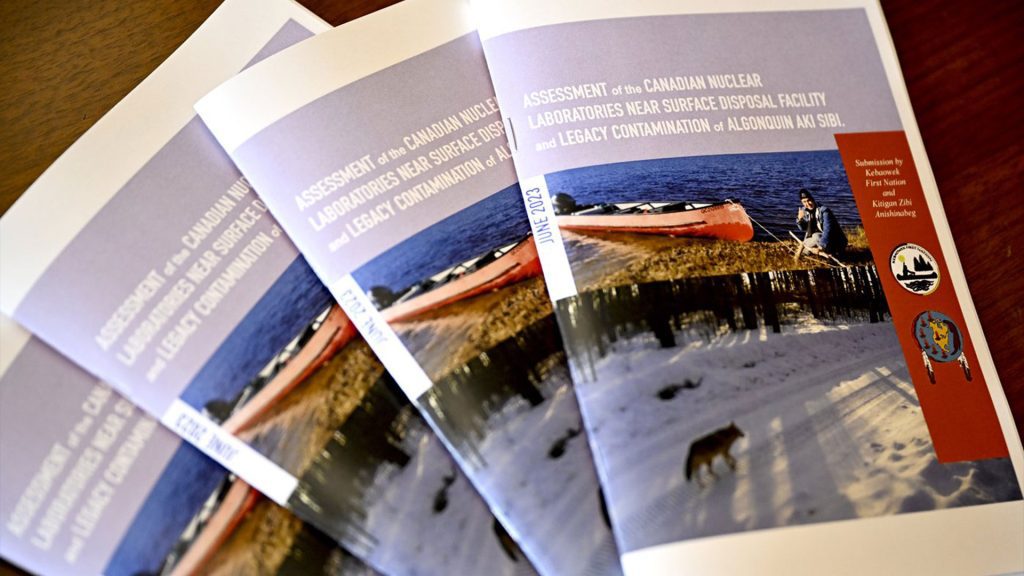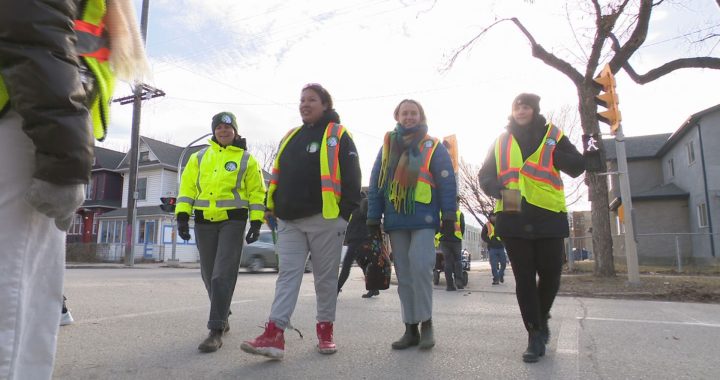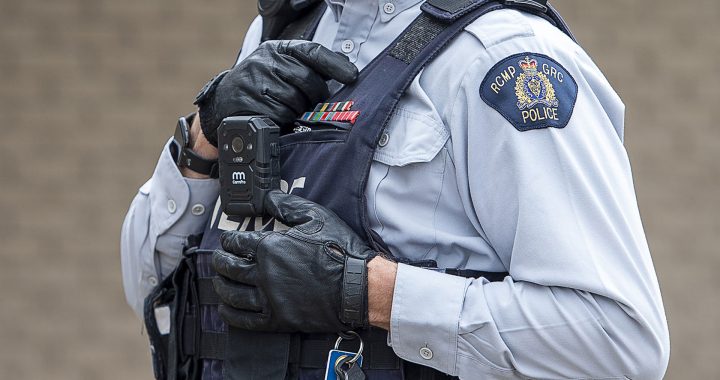
An Algonquin community in Quebec is launching a judicial review of a decision by the Canadian Nuclear Safety Commission to allow the disposal of limited kinds of nuclear waste at the Chalk River Nuclear Laboratories campus in Deep River, Ont., located about 180 km west of Ottawa in Quebec.
In its application to federal court, Kebaowek First Nation says the approval by the commission should be reversed adding that it “breached its duty to consult Kebaowek by failing to secure the First Nation’s free, prior, and informed consent, and by carrying out consultations in a procedurally unfair way.”
On Jan. 9, the commission approved the Chalk River facility to build a “Near Surface Disposal Facility,” or NSDF, to bury contaminated materials including. The location of the site is just over a kilometre from the Ottawa River, also known as Kichi Sibi in Algonquin.
“Kebaowek First Nation contends that the Commission failed to properly uphold its duty to consult, and as such, has failed to uphold the constitutionally protected and inherent rights of Indigenous Peoples,” says Chief Lance Haymond in a statement released on Wednesday. “The risk of harm from the proposed NSDF is not only a First Nations issue, it also affects all individuals, animals, plants, and waters in the vicinity.
“We are doing this on behalf of our People and all Canadians who depend on the Ottawa River as their drinking water source”, said Chief Lance Haymond of Kebaowek First Nation.
Chalk River Laboratories is a Crown corporation owned by the federal agency Atomic Energy of Canada. It’s Canada’s largest nuclear research facility related to health and energy.
In June 2023, Haymond was joined by chiefs from other Algonquin communities in the area to denounce the project. Kebaowek, along with Kitigan Zibi, the Algonquin Secretariat and the Algonquin Anishinabeg Nation Tribal Council which represents seven Algonquin Nations, demanded that the project, that will hold up to a million cubic metres of low-level radioactive waste in a massive mound, be abandoned.
At the same news conference, the chiefs unveiled their Indigenous-led assessment of the proposed radioactive waste dump and the site’s impacts on culture, land, water, and wildlife.
“At no time in our consultations has anyone provided any justification for putting it so close to the Kichi Sibi,” said Chief Dylan Whiteduck of Kitigan Zibi in June.
In the 1950s, the Chalk River Laboratories had two of the world’s first nuclear accidents on site. The chiefs say the proposed facility’s proximity to the Ottawa River, which provides drinking water to millions, is a cause for concern.
APTN News reached out to the Canadian Safety Nuclear Commission but didn’t hear back until late Wednesday afternoon. It referred APTN to Justice Canada for a response.
In its decision to approve the project, the commission said that it “had fulfilled its constitutional responsibility to consult and, where appropriate, accommodate Indigenous rights in respect of its decision making on the NSDF Project,” and that, “In making its EA decision, the Commission concluded that the NSDF Project is protective of human health and the environment, including the Ottawa River, and that the proposed site is an acceptable and safe location for the NSDF Project.”
Haymond disagreed with that assessment.
“We are going to the Federal Court to challenge the Commission’s incorrect and unreasonable decision,” said Haymond in the statement. “The Commission needed to carry out a procedurally fair consultation process informed by the UNDRIP, which it ultimately failed to do.”
With files from Kiestin Williams









